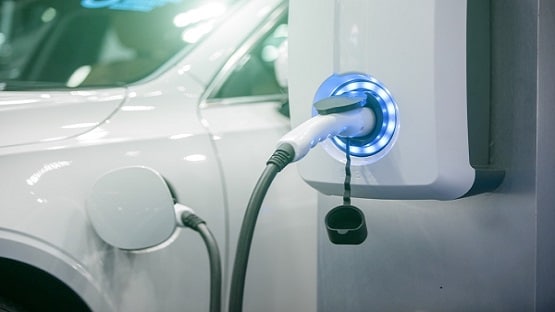
ECJ: Provision of fuel cards is a VAT exempt financial service
17/05/19
On 15 May 2019 the European Court of Justice (hereafter: ECJ) ruled in the case Vega Int. with respect to the VAT-treatment of the provision of fuel cards. According to the ECJ, fuel cards provided by a parent company to its subsidiaries constitute a VAT-exempt financial service.
Besides issuers of cards, this judgment is also relevant for leasing companies, energy suppliers and parties issuing cards for the charging of electric vehicles.

How does this impact you?
The judgment is relevant for companies providing fuel cards and/or electronic vehicle (“EV”) charge cards, leasing companies and fuel suppliers. Main points of attention for these parties:
The provision of fuel cards and/or EV charge cards is VAT-exempt, leading to no VAT recovery right for costs directly attributable to these services;
VAT-exempt services could influence the (pro rata) VAT recovery right on general costs incurred;
Companies not being the actual recipient of the fuel and/or electricity are not entitled to a VAT refund;
The judgment raises the question to what extent other taxpayers in the distribution chain of fuel and fuel financing, such as fuel suppliers and leasing companies, should also be considered to supply VAT-exempt services
Especially for EV charge cards, this judgment raises the question what is the nature of the transactions throughout the supply chain
Further to the above, we recommend companies to review their current supply chain within the EU, invoicing practice and the accompanying legal agreements, in order to avoid irrecoverable VAT and the risk of VAT assessments.
Background
The Austrian company Vega International Car Transport and Logistics (Vega Int.) transports commercial vehicles from factories to customers. This transport is usually performed by local subsidiaries. These subsidiaries receive fuel cards for (re) fuelling from Vega Int., who is responsible for the organisation and management of the fuel cards for the group. Petrol stations invoice Vega Int. for the supply of fuel including local VAT. Vega Int. reinvoices its group companies for the fuel, plus a surcharge for its services.
Vega Int. requested for a refund of local VAT in Poland. This refund was refused, as according to the tax authorities the fuel management agreement between Vega Int. and the local subsidiary is not a contract for the supply of fuel, but a contract to finance its purchase. So, Vega Int. does not sell fuel to its subsidiary but supplies a VAT-exempt pre-financing service. Vega Int. appealed against this decision, resulting in a reference for a preliminary ruling by the Polish Supreme Administrative Court.
The reference entailed the question whether transactions consisting in the provision of fuel cards and in negotiating, financing and accounting for the purchase of fuel using those cards qualify as 1) a VAT-exempt financing service or 2) a complex (chain) transaction of which the primary purpose is the VAT-taxed supply of fuel.
Judgment
The ECJ rules that Vega Int. is not entitled to a VAT refund as it is not the recipient of the fuel. Vega Int. is not acquiring the fuel but the Polish subsidiary is. The activities of Vega Int. are limited to enabling the subsidiary to purchase that fuel. The surcharge for Vega Int.’s services is the consideration for a VAT-exempt service.
Relation to Auto Lease Holland
The ECJ ruling in this case is a follow-up to its judgment in the Auto Lease Holland case (C-185/01). Back then, the ECJ already ruled that the supply of fuel takes place directly from the petrol station to the (driver of the) vehicle, whereby the fuel card provider is de facto pre-financing. The ECJ confirms that such services should be subject to a VAT-exemption.
Relation to Dutch Decree
In the Netherlands, Auto Lease Holland has not been implemented and providers of fuel cards may rely on a Decree of the state secretary of Finance. The Decree outlines the circumstances under which the provider of fuel cards can recharge the costs for fueling paid on behalf of the user of the fuel card. The recharge may be seen either as a suspense account or as a back-to-back recharge of the fuel.
However, this Decree does not outline the applicable VAT-treatment of the (pre-financing) services rendered by providers of fuel cards, which is VAT-exempt according to the ECJ. Therefore, we advise taxpayers that apply the Decree to assess whether the Vega Int. case may affect their VAT position.
Contact us


















